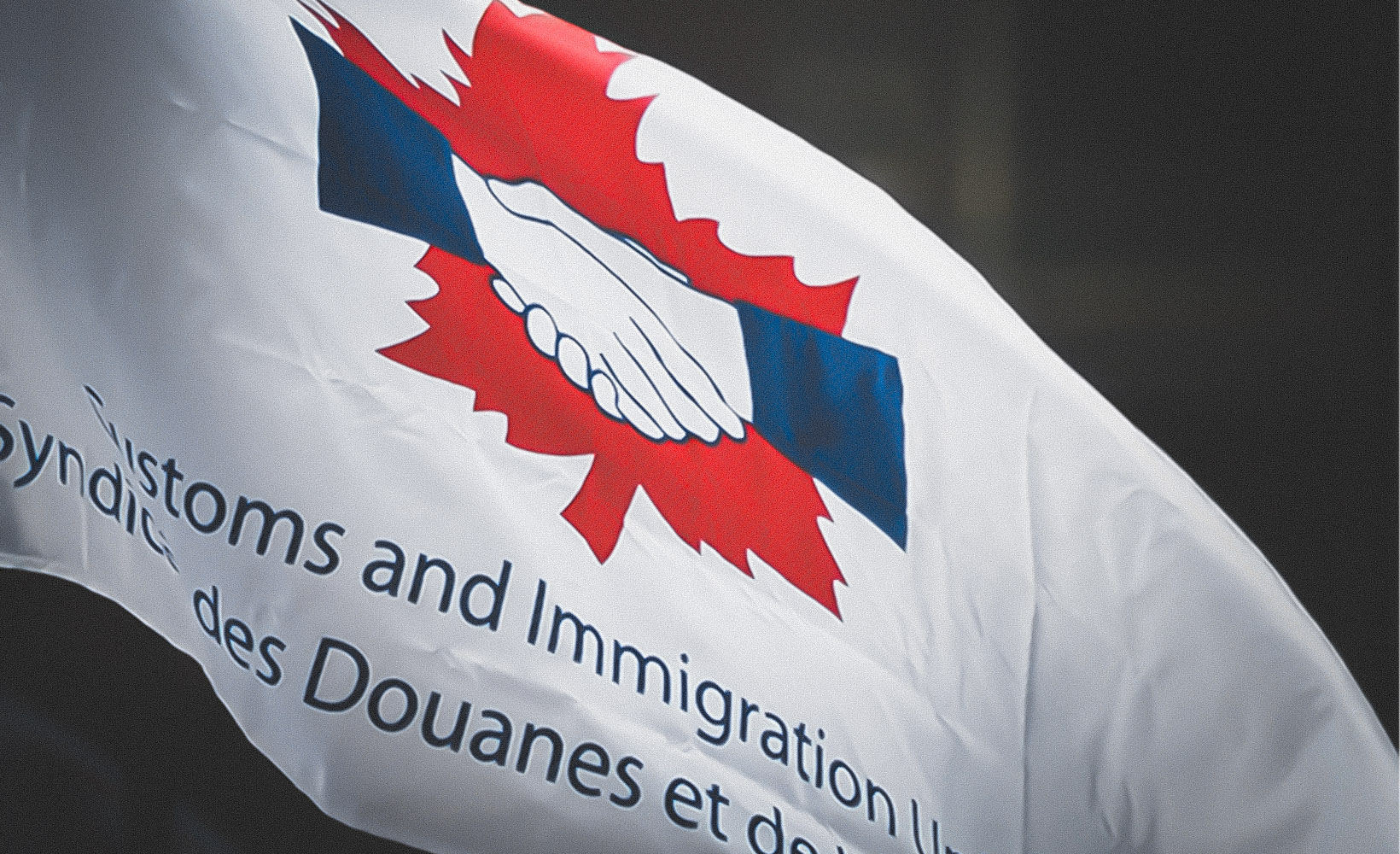Le jeudi 20 octobre 2022, le président national du Syndicat des Douanes et de l’Immigration, Mark Weber, a témoigné devant le Comité permanent des opérations gouvernementales et des prévisions budgétaires de la Chambre des communes dans le cadre de l’étude du Comité sur l’application ArriveCAN.
S’adressant au Comité, le Président national du SDI a critiqué l’Agence, soulignant le manque total de consultation avec les agents de première ligne — tant dans le contexte d’ArriveCAN qu’en général. « Ce qui est peut-être le plus vexant au sujet d’ArriveCAN, c’est la façon dont l’application a été élaborée sans aucune consultation significative avec les agents de première ligne, et sans que l’on recherche un quelconque apport de leur part. Cela n’a pas été le cas lorsque l’idée a été proposée pour la première fois, ni lorsque l’application a été développée initialement, et certainement pas à aucun moment au cours de l’une des plus de 70 mises à jour que l’application a dû subir », a déclaré le président national au Comité, expliquant qu’il était « absurde » de développer une application conçue pour la première ligne sans impliquer ceux et celles qui servent à la frontière. Si cela avait été le cas, les agents auraient été en mesure de signaler les problèmes potentiels — ArriveCAN en ayant vu plus d’un — avant qu’ils ne surviennent.
« Comme poser du papier peint avant de couler les fondations »
Le président national du SDI a également souligné que la décision de financer le développement d’ArriveCAN aux dépens de questions plus urgentes, telles que la grave crise de dotation en personnel, était hautement problématique, la comparant à « poser du papier peint avant de couler la fondation » et soulignant qu’ « en choisissant d’investir des dizaines de millions de dollars dans ArriveCAN alors que ses services frontaliers manquent de personnel et sont surchargés de travail, le gouvernement fédéral joue tout simplement avec la capacité du Canada à maintenir une frontière sûre et qui fonctionne correctement. »
ArriveCAN n’est pas le seul problème
ArriveCAN n’est certainement pas unique à l’ASFC. Ce n’est qu’un exemple d’une longue série de solutions technologiques mal adaptées pour le long terme qui, en fin de compte, ne parviennent pas à améliorer la sécurité et l’efficacité frontalières de façon réelle : les kiosques d’inspection primaire, les portes électroniques, les déclarations à distance, etc. Ce que celles-ci ont également en commun, c’est qu’elles sont toujours élaborées sans la participation du personnel de première ligne qui travaille à la frontière.
« Ce que le gouvernement et l’ASFC peuvent apprendre de l’expérience d’ArriveCAN est que, s’ils veulent gérer efficacement et correctement notre frontière, tout en s’assurant de la solidité des projets conçus à cette fin, ils doivent compter sur l’expertise des agents frontaliers de première ligne et la solliciter de manière significative », a conclu Mark Weber. « Nos membres sont fiers du travail qu’ils accomplissent, ils sont fiers de servir les Canadiennes et les Canadiens, et je sais qu’ils sauteraient sur l’occasion d’aider à améliorer nos processus frontaliers. »
Un enregistrement de la réunion du Comité peut être visionné ici.[:]



